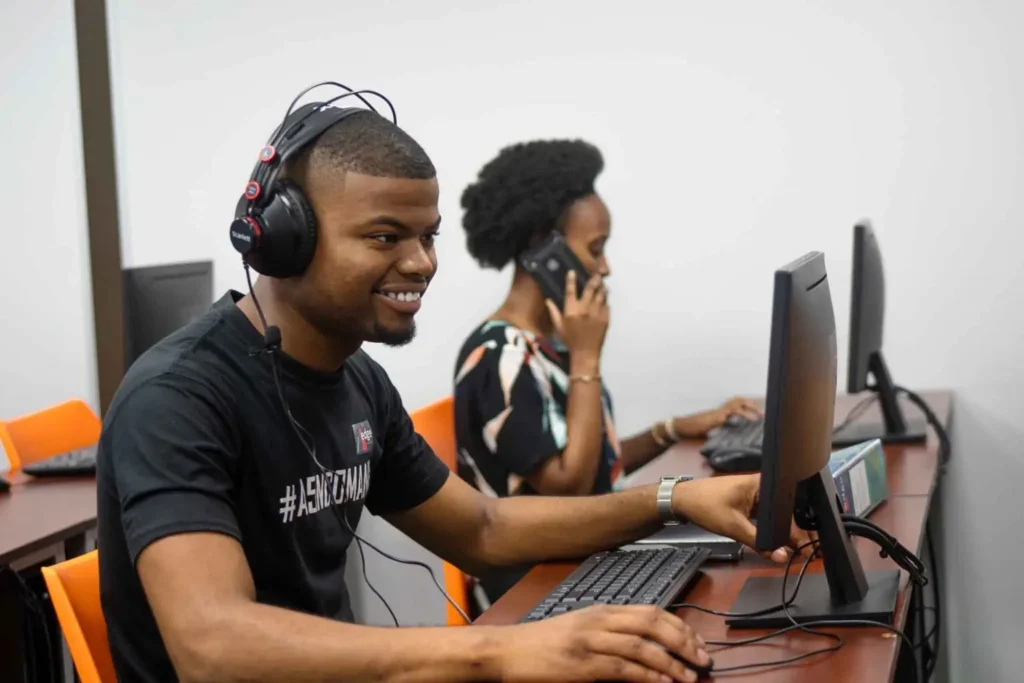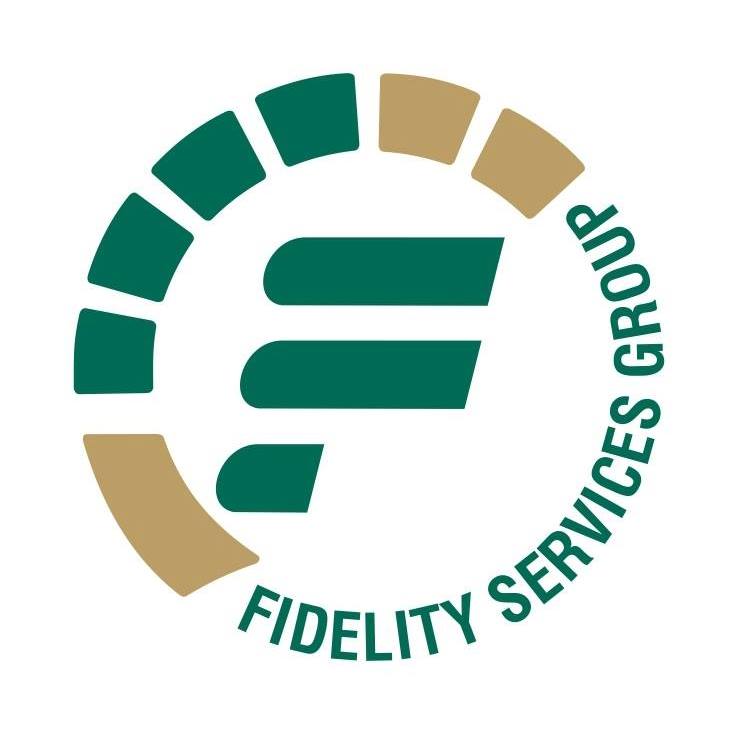Skills Development and Career Growth in 2025

The Service Sector Education and Training Authority (SETA) plays a big part in shaping South Africa’s skills. It makes sure people and businesses in its area have the skills for today’s jobs and what’s coming next. Knowing the many subsectors under Service SETA is key. It helps you find career paths, train your staff, or understand the economy better. As we get closer to 2025, these subsectors will matter even more for jobs, economic strength, and your own career progress.

This article looks closely at the Service SETA subsectors list. We will check out what each one means and the real benefits you get from their training programs. Maybe you are an employer wanting to train your team. Maybe you are someone looking to get ahead in your job. Or you could be just interested in how South Africa’s service economy works. This complete guide will give you clear ideas and tips for the year ahead.
Understanding Service SETA and Its Mandate
The Service SETA acts as a bridge. It connects the needs of businesses with the skills of workers. This link helps grow South Africa’s service economy.
What is Service SETA?
Service SETA is one of South Africa’s 21 Sector Education and Training Authorities. It got its start under the Skills Development Act. Its main job is simple: to make sure people in the service sector get the right skills. This helps boost job quality and output in many different fields. The organization helps to fund training and set up learning programs.
The Mandate for Skills Development
The specific goals of Service SETA are clear. It works with national plans, like the National Skills Development Strategy. Service SETA develops and runs learnerships, which are work-based training programs. It also does research to find out what skills are needed. Plus, it checks to make sure all training is top-notch. Its work directly helps meet the country’s needs for a skilled workforce.
The Comprehensive List of Service SETA Subsectors
Service SETA covers a very wide range of industries. Each subsector has its own special training needs. Here is a look at the different areas it supports.
Community and Social Services
This area includes social services, community work, and non-profit groups. Skills here are vital for making society better. Workers learn how to support people, manage projects, and help communities grow. These skills are important for public well-being and progress.
Legal, Accounting, and Related Services
You will find legal jobs, accounting, auditing, bookkeeping, and tax help here. There is a strong need for very specific skills in these areas. People need to know about laws and rules. This ensures everyone follows the book, keeping the financial and legal systems strong.
Business and Administrative Services
This big group takes in many types of work. Think about management advice, business support, keeping buildings running, and office tasks. The focus is on skills that make businesses work well. Good administration keeps companies smooth and running.
Financial and Related Services
This part covers banking, insurance, investment advice, and credit services. These jobs need deep knowledge about money. People must be financially smart and know a lot about this highly regulated sector. Mistakes here can cost a lot.
Wholesale and Retail Trade
This subsector includes everything from big warehouses selling to stores, to the shops where you buy things. Even places selling cars are here. Skills in customer care, moving goods around, and making sales are very important. People here help get products to you.
Tourism, Hospitality, and Travel
Hotels, restaurants, travel agents, and tourism groups fit into this area. People need skills to serve customers well and run things smoothly. It is all about making great experiences for visitors. Good service makes guests happy and keeps them coming back.
Arts, Culture, and Sports
This covers creative jobs, cultural sites, and managing sports events. There is a growing focus on making these fields more professional. It also helps them grow in the market. Skills here help bring joy and entertainment to many.
Agriculture, Skills Development and Career
While other SETAs handle some farming, Skills Development and Career often covers food processing, how food gets moved, and related services. Key skills include food safety, making sure quality is high, and getting things from one place to another. These skills help put safe food on your table. Skills Development and Career
Information Technology and Communication
This section covers IT services, making software, phone services, and broadcasting. Technology changes fast, so people always need to learn new digital Skills Development and Career . Keeping up with tech is a constant job in this field. It shapes how we connect and share information.
Benefits of Engaging with Service SETA Subsectors in 2025
Being involved with Skills Development and Career programs can bring many good things. Both individuals and businesses can gain a lot, especially as we head into 2025. Skills Development and Career
Enhanced Employability and Career Progression for Individuals
Training like learnerships and skills programs from Service SETA makes you more likely to get a job. These courses give you real-world experience and official papers. They show you have the right skills for today’s jobs and that you fit industry needs. These credentials help you stand out to employers.
- Actionable Tip: Look at jobs you want and see what skills you need. Then, find accredited training programs within your chosen Service SETA subsector. Skills Development and Career
Increased Productivity and Competitiveness for Businesses
A staff that knows their stuff works better. This means better service, new ideas, and smoother operations. Businesses that train their team often see their output go up. There are also tax breaks, like the Employment Tax Incentive, which can help companies that invest in training.
- Real-world Example: Imagine a shop that teaches its workers to be great with customers. That shop will likely see more happy customers and sell more things. Skills Development and Career
Alignment with Industry Standards and Best Practices
Service SETA checks the quality of training programs. This makes sure they meet what industries need now and also top global standards. This commitment to quality helps everyone get better over time. It creates a work culture where constant improvement is expected.
Access to Funding and Support for Skills Development and Career
Service SETA manages money from the Skills Development and Career (SDL). Employers can get some of this money back. They do this by putting together a Workplace Skills Plan (WSP) and an Annual Training Report (ATR). This funding can help pay for staff training. Skills Development and Career
- Actionable Tip: Businesses should make sure their WSPs and ATRs are very well done. This helps them get grants and makes sure their training plans really work.
Emerging Trends and Future Skills Development and Career for 2025
By 2025, some big changes will shape what skills are needed in the service sector. Staying aware of these trends is key for growth.
Digital Transformation and Automation
Smart tech like AI and data analytics will change many service jobs. There will be more demand for people who are good with computers. They will need to understand data and use new tech tools. Reports suggest a 30% rise in demand for digital skills across many service sectors by 2025. This means knowing how to work with smart machines will be very important.Skills Development and Career
Customer Experience and Personalization
Giving great service and making each customer feel special will matter more than ever. Skills like understanding emotions and managing customer relations are becoming vital. “The future of service is all about deep human connection, even as tech grows,” says Sarah Chen, a leader in customer strategy. People want to feel heard and valued. Skills Development and Career
Sustainability and Green Skills
Working in ways that help the Earth is getting more common. There is a need for “green skills” in service jobs. Think about eco-friendly tourism, shops that sell sustainable goods, and banks that focus on responsible investments. These skills help businesses grow while being kind to the planet.
Navigating Skills Development Opportunities: A Practical Approach
Making the most of what Service SETA offers takes smart planning. Both individuals and businesses can take clear steps.
For Individuals: Upskilling and Reskilling Strategies
First, figure out what skills are hot right now. Then, pick learnerships or qualifications that fit your career goals. Use Service SETA’s resources for guidance on what path to take. They can help you find programs that match your interests and help you get ahead.
- Actionable Tip: Create your own plan for learning new skills. Write down what you want to learn short-term and long-term.
For Businesses: Maximizing Workplace Skills Plans (WSPs)
To make a good WSP, first find out what skills your business lacks. Make sure your training plans line up with your company’s goals. Then, report everything carefully. A well-made WSP is your key to getting training funds. Skills Development and Career
- Actionable Tip: Regularly check what skills your staff has. This helps you build a WSP that truly addresses your business needs.
Leveraging Sector Education and Training (SET) Initiatives
Businesses can also work closely with Service SETA on special projects. These could be pilot programs or other initiatives specific to their industry. Partnering can bring new training methods and support. This helps solve unique challenges in a subsector.
Conclusion: Skills Development and Career
Service SETA and its many subsectors are key players. They help both people and the economy grow. Putting money into skills training now will lead to success in 2025 and beyond.
Key Takeaways for Skills Development and Career
Remember these main points for the coming year. Service SETA covers a huge range of industries. Getting new skills brings big advantages for everyone. And, it is vital to keep up with new trends like digital tech and green practices.
A Call to Action for Skills Development and Career
Take charge of your learning journey. Check out Service SETA resources, commit to learning new things, and grab the chances to grow your skills. These efforts will help you and the service sector shine in 2025.




